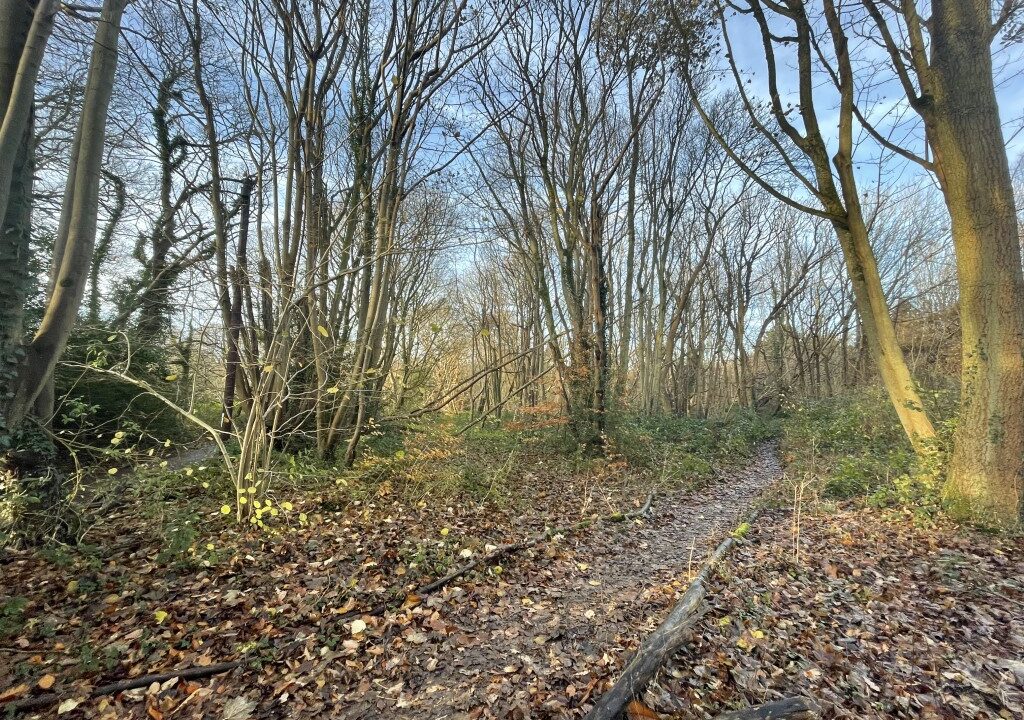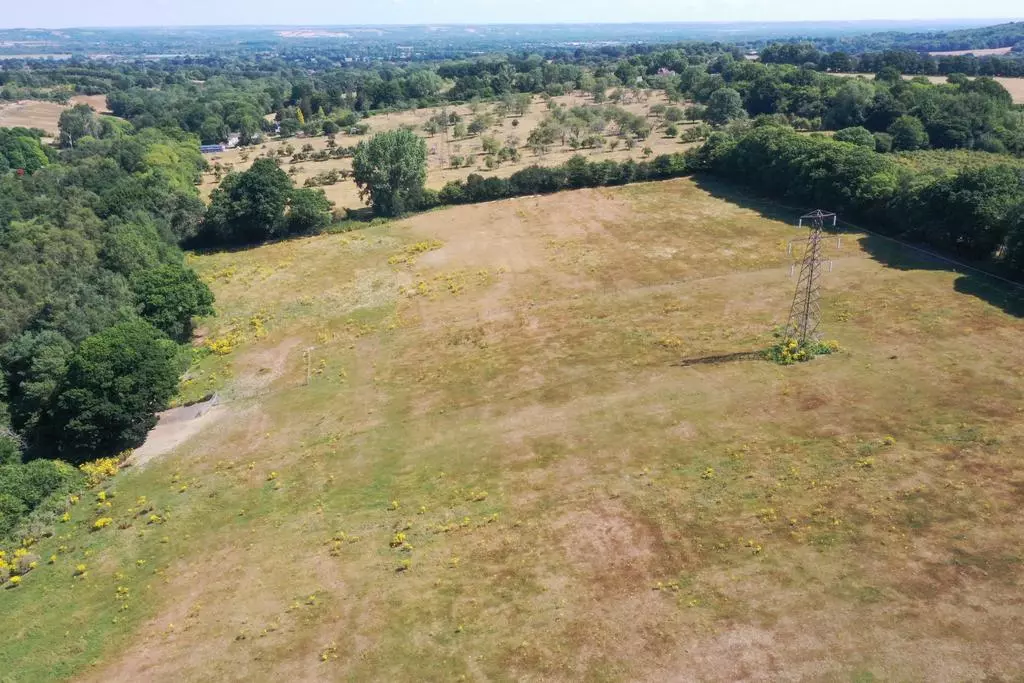
Buy
£75,000
Woodland at Blackhurst Lane, Tunbridge Wells
Blackhurst Ln, Royal Tunbridge Wells, Tunbridge Wells TN2, UK
Woodland
8 Acres
Us In Numbers
Our Track Record

15
Years in Business
145
Projects Completed
500+
Happy Clients
10
Areas covered

About Land Buy
Committed to Excellence
The Land Buy community brings together people who all want to own their own land. By joining forces, our community can invest in larger plots in locations that might otherwise be out of reach; opening the door to better opportunities, better value, and better land.
From the Highlands of Scotland to the rolling fields of Oxfordshire, land is a precious resource. People seek it for many reasons; to build a home, grow a project, or simply to have a place to call their own.
But finding the right plot is hard, and competing with established landowners and developers can sometimes make it feel impossible.
That’s why Jake founded Land Buy: to bring like-minded people together, overcome these barriers, and help them take the next step towards owning the land they’ve always wanted.
Our Qualities
Why Choose Us
Vetted Listings
01
Transparent Pricing
02
Secure Escrow
03
Local Experts On-Call
04
Network with Investors
05
Impeccable Customer Support
06

“Exactly As Listed”
Listing had land type, acres and access to previous owner . Made an offer Sunday, recorded by the next two weeks. Easiest purchase I’ve done.
Jordan, Sevenoaks
“Surpassed All
My Expectations!”
"Use this space to share a testimonial quote about the business, its products or its services. Insert a quote from a real customer or client here to build trust and win over site visitors."
Emily Geigen, CA
“I Couldn't Be Happier with the Results”
"Use this space to share a testimonial quote about the business, its products or its services. Insert a quote from a real customer or client here to build trust and win over site visitors."
Oronne Lorrain, NY
What Clients Say

Ready to Own Your Land?
Get in touch with us today and let's make it happen





